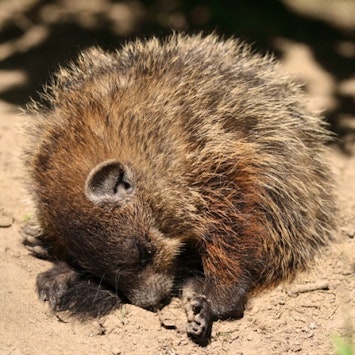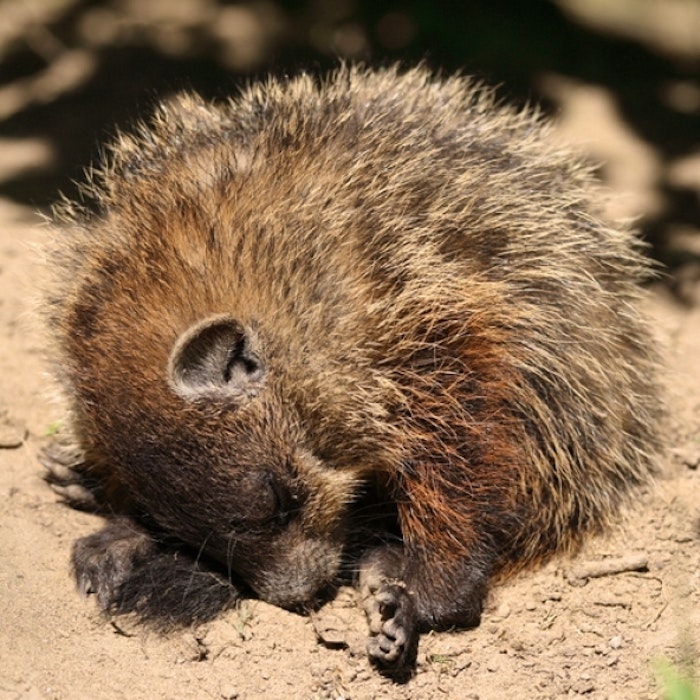Ask a Naturalist: Why do some animals hibernate in the winter?
Discovery Place Nature

Winter is approaching fast. Many animals have migrated or acquired a thicker coat to prepare for the cold, while others animals are getting ready to hibernate.
What does hibernate mean? Hibernating is what certain animals do to survive extreme weather. It's an interesting adaptation that is a state of inactivity. The animal's heart and breathing rates go down as well as their body temperature. This allows the animal to use very little energy through the cold months.
Why is this beneficial for the animal?
During the winter, food can be very hard to find. It becomes more stressful and draining for the animal to constantly forage or search, usually coming up empty handed. Because of this, spending more time asleep or in a state of hibernation gives the animal a higher chance of survival.
When we think of hibernating animals, we usually think of bears. But bears don't truly hibernate! Instead, they go through a process called torpor. Torpor is kind of like a short term hibernation where the animal reduces its body temperature on the cooler days but will be out and about on the warmer days of winter.
The groundhog is probably the most commonly known mammal in our region that goes through a true hibernation.
Reptiles and amphibians brumate, which is the name for when ectothermic (cold-blooded) animals hibernate.
Did you know that some desert animals also go through a type of hibernation when it's too hot and dry in the summer? This is called estivation.
Nature is so fascinating!

